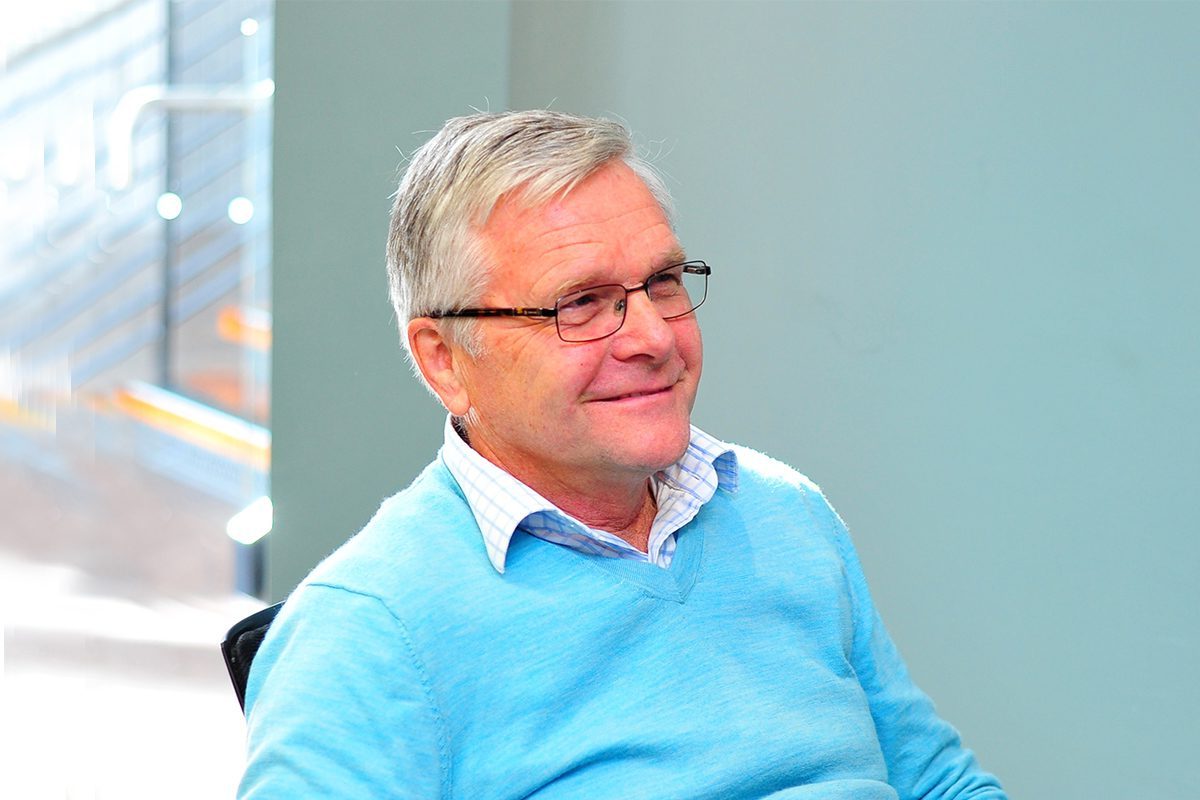As an avid reader of our news updates you’ll be aware of the unique opportunity we offered to leverage significant government co-funding for research activities through our Research Partnership Proposal.
Sadly, we report the Research Partnership Proposal has stalled from progressing. Insufficient levels of industry co-funding stopping us from submitting a credible and workable bid to MBIE. And while the outcome isn’t favourable – we believe there’s always a silver lining. That’s why we’re sharing insights into the background development of this proposal and lessons learned. To ensure that next time around – we’ll get it right.
Leveraging government funding
A key strategy of HERA’s has always been to transform industry from contractors to manufacturers. Because it gives them better control of their future pipeline. But time and time again, we receive the message that our members simply don’t have the money to partake in R&D to achieve this.
Leveraging government co-funding from your industry research levies through the research partnership program was seen as an optimum vehicle to overcome this.
As identified in our research panels and in response to our call for proposal – there was no shortage of good ideas. Refreshingly, we also had some levels of company specific co-funding. Highlighting that for some, making the important transition to value R&D is high in their business strategies.
However, right from the beginning, the hurdle of 60% of total project cost to attract the government co-funding contribution of 40% was too steep. Its clear R&D is not yet perceived as a game changer for many of our member companies. And we can see we have some work to do to help break those barriers down.
The proposal in’s and out’s
To be truly transformational the projects under consideration were substantial. In addition they required considerable industry co-funding. Which initially was met with enthusiasm. However when it came time to commit it was a different story. Internally we also faced constraints. Particularly between existing commitments and shifting more levy into longer-term transitional projects instead.
Reluctantly we had to face the reality that our industry is largely not thinking in terms of investing in R&D at this stage. Especially over such a long time frame as seven years and to the requested level of co-funding.
We also acknowledge that we had a part to play in this outcome. Finding it difficult to get the complexity of our research proposal across to obtain the required support. Due to this, we found those strongly supporting this opportunity were mostly involved on our research panels. Where they had much more insight into the value proposition presented. It’s clear, those outside this circle didn’t have the same level of understanding to feel compelled to get on-board.
How do we change this going forward?
The reality is that our typical member understandably is focused on day to day operations. As a result, creating a dangerous approach, in what we believe has become an increasingly competitive global market.
Those who continue a day to day survival tactic will most likely be left behind. Especially against those who employ a longer term transformational business strategy in the future.
Our work is focused on avoiding this type of outcome. Yet, to do that we now know we have to keep members better informed and engaged in R&D proposal development. As a result we’ll also foster an environment where members bring projects to HERA to lead – for the sustainability of our industry.
Going forward we’ll explore a proposed business model research project. Aimed at investigating how as a subsector with an industry owned research association, we can better influence transformational and sustainable development. We’ve also had encouraging discussions with BRANZ on multi-storey fire engineering. Which will hopefully lead to a longer term R&D project supported by building levy funding.
Moving on
The research partnership was a great opportunity given to us to leverage R&D co-funding from government and our industry members – and something we put considerable effort into realising.
And, while I regret being not able to pursue this opportunity, I look forward to adjusting our approach with what we learned.
I’d like to thank those who pledged support for this proposal. Took it upon themselves to leverage support from the industry. Helped us understand the difficulties in being involved, or shared their feelings on what we should concentrate on instead. It has all helped us understand the bigger picture.

